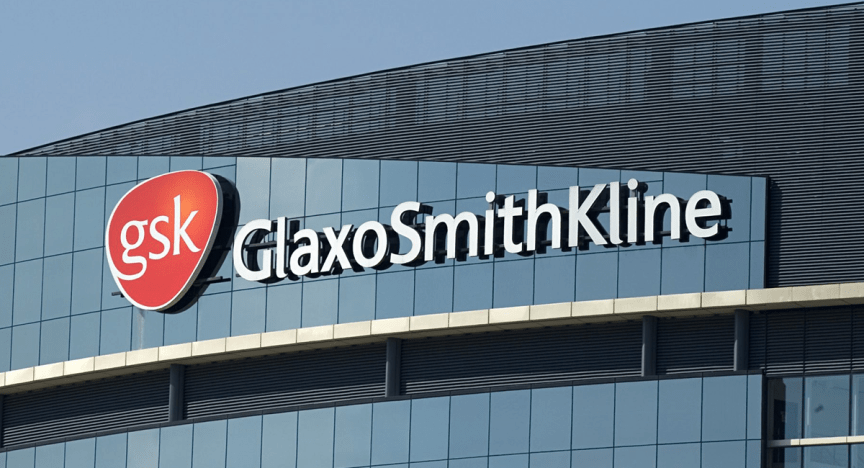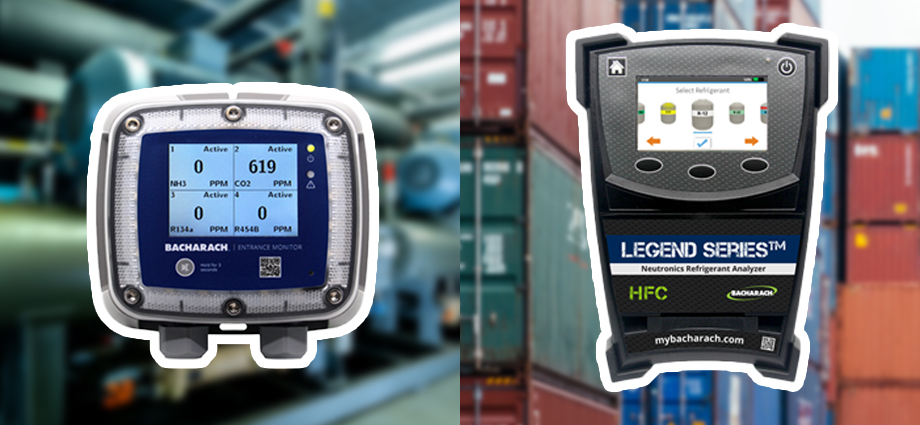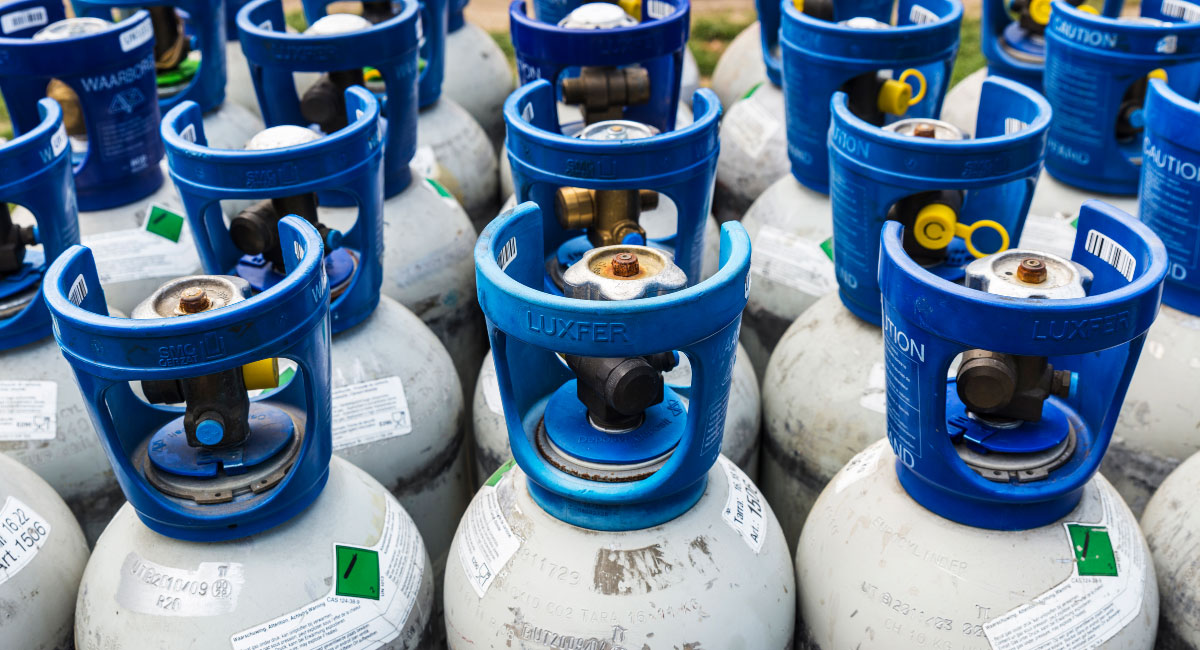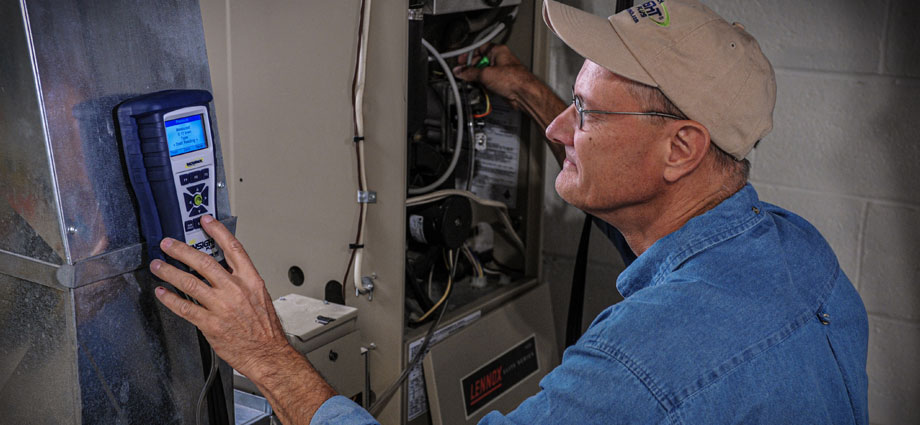
When GlaxoSmithKline (GSK) was refurbishing its global research and development hub in the United Kingdom, they asked Johnson Controls to provide a new air conditioning system that would provide better fine control and reduce its carbon footprint.
GlaxoSmithKline & Johnson Controls Rely on Parasense
Building on a long-standing partnership with Johnson Controls, Parasense worked with them to implement refrigerant leak detection systems that ensure any refrigerant leaks can be immediately identified and remedied.
Efficient Air Conditioning
To provide a comfortable and productive working environment, air conditioning at the GSK hub needed to overcome significant solar gain at peak times, as well as cope with the changing demands of a flexible, open-plan working space.
The new system is comprised of 48 air conditioning units, supplied by four inverter-driven chillers, using R-410A refrigerant.
Refrigerant Leak Detection
GSK is committed to cutting environmental impacts and recognized the importance of minimizing loss of refrigerant from cooling systems.
Based on a 15-year partnership, Johnson Controls specified Parasense refrigerant leak detectors, which have a proven ability to identify even the smallest leak long before any significant amount of refrigerant can escape. Two 16-channel GRM2 infrared refrigerant leak detection systems are covering 128 detection points across 52 critical assets, including the fan coil units and the roof-mounted condensers.
The Parasense equipment, which includes local beacons and sounders, is integrated with the building management system (BMS) to maintain a single point of control for facilities management.
Delivering the Project
Parasense engineers worked alongside colleagues from Johnson Controls to install, calibrate and commission the refrigerant leak detection systems within the scheduled project timeframes.
Full documentation and evidence of compliance was provided in advance of the client handover.
Results
The new air conditioning and refrigerant leak detection systems are ensuring a comfortable working environment while supporting GSK’s aim of reducing emissions of CO2 and other greenhouse gases.
The solution is ensuring compliance and best practice for the F-Gas regulations and EN 378.






